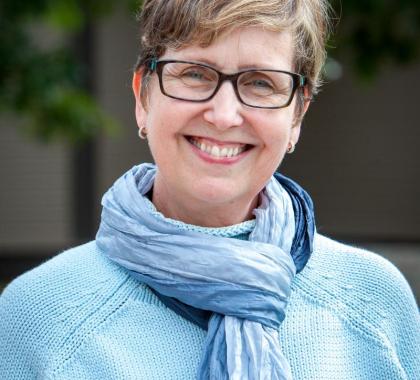History, Change, and Faculty
I had the joy of attending the parents of alumni event this past Saturday evening and was able to reflect on the importance of change and growth in our school’s journey. I loved the opportunity to reconnect with parents whose children, now between the ages of 14 and 25 years old, had attended Belmont Day. The event offered a chance for all of us not to just reminisce, but also to marvel at the changes that have happened to the physical space and the curriculum since their last visit. Additionally, reflected on the impact these parents have made to the school through their committee, board, and admissions work. These are parents who, along with faculty, held many long discussions and research sessions as we worked alongside each other to develop a thoughtful health and wellness curriculum in every gradepre-k to grade eight. There was equal commitment to deepening the conversations about diversity and what it means to be a truly inclusive community. As the evening progressed and more reconnections were made, I saw the strength in Belmont Day School’s history of thoughtful work and exploration of innovation.
Change can be unsettling and overwhelming when we feel unprepared for its arrival and uninvolved with the process. The political, social, and ethical questions that surround us can easily be described in this way. On the other hand, change can be equally exciting when the innovation and dialogue happens within a safe process. Schools are often places of changeafter all, we serve a population that is changing daily! Change, for a lover of language, is a condensed word, it jumps quickly from the mouth and its beginning ‘ch’ sound gives an explosive feel. We do not often use words like evolution, development, or transformation when we talk about moving forward in schools, perhaps because we prefer the potential of something quick and conclusive. Real and deep change, however, is messier and more complex, often involving a long process, much discussion, feedback, and revision. Our recent head of school search is a wonderful example of a process that felt inclusive and safe. We expect such detail and attention at Belmont Day, and it happens around us all the time.
The Belmont Day faculty is required to change and adapt frequently throughout any given dayto respond to a student’s struggles, to adapt to an unexpected schedule change, or to celebrate triumphs within the classroom. The Independent School Magazine blog recently identified a growth mindset as one of the four most important indicators of a high-quality teacher. The ability to be a life-long learner and to use feedback to grow and improve are highly sought after skills. The article, “What Makes a Great independent School Teacher?,” described a collaborative study between doctoral students at Vanderbilt University and the National Association of Independent Schools. Filling out the rest of the list were a teacher’s ability to form strong relationships with students, demonstrate a deep understanding of content areas, and be an active match to the school culture. At Belmont Day we can see our teachers flourishing in all of these areas, and, in particular this year, faculty are collaborating to continue the work of developing excellent curriculum and long-term strategic plans. Our conversations are rich and dynamic and the faculty’s voices bring to the forefront the importance of relationship building, the culture of the school, excellent professional development, and a growth mindset in their work.
Developing strong curriculum requires our school to provide multiple opportunities for deep reflection, research, and collaboration. Lower School Head Diane Foster has begun a Friday lunchtime book group for pre-kindergarten and kindergarten teachers that encourages the kinds of conversations that isolate best practices, infuse excitement about new ideas, and push forward curricular thinking. Meetings with Middle School Head Liz Gray invoke a similar energy as teachers take on leadership roles, refine ideas, design curriculum that stretches student thinking, and find opportunities in a variety of subject areas that give students the skills necessary for the rigors of high school.
Perhaps parent-teacher conferences, diversity or greening meetings, morning drop-offs, athletic games, or Back-to-School Night helped you see the thoughtfulness, sense of purpose, and care that our faculty give to their positions as your child’s teacher. You will also see, as I do on a daily basis, our faculty working to ensure that the legacy of innovation, growth, and mindful change at Belmont Day School is preserved.



